By Fasuyi Tolulope Samuel
The question of whether gospel artists should collaborate with hip-hop artists, particularly those from mainstream genres like rap, has sparked significant debate in recent times.
A notable instance that raised eyebrows was the collaboration between gospel artists like Kirk Franklin and hip-hop stars such as Megan Thee Stallion on GloRilla’s Glorious album. This partnership, along with other gospel musicians like Kierra Sheard and Maverick City Music, blending with secular artists, drew both praise and criticism.
Read: Tiwa Savage Sparks Social Media Frenzy with Bold Tattoo Reveal
Critics argue that gospel music, which is rooted in spiritual and religious values, should remain distinct from genres known for promoting messages that contrast with Christian teachings.
Many religious communities, especially in Nigeria, voiced their concerns when prominent gospel names appeared alongside artists like Megan Thee Stallion, whose music often revolves around themes of empowerment but includes explicit content.
Some believe such collaborations dilute the message of the gospel, leading people away from faith rather than bringing them closer. However, this is not the first time such collaborations have occurred. In 2019, Kanye West’s Jesus is King brought together hip-hop and gospel, featuring artists like Fred Hammond, a respected figure in the gospel community.
Kirk Franklin himself has a history of working with secular artists, from his involvement in songs like “Ultralight Beam” with Kanye West, to his efforts to bridge the gap between spiritual and mainstream music.
These collaborations often bring gospel messages to audiences who may not be regular churchgoers.Supporters of these partnerships argue that gospel’s message of hope, love, and redemption can transcend genres.
They see collaborations as a way to reach new audiences, spread faith, and break down barriers. GloRilla’s Glorious album, for instance, has been described as a bold experiment to blend the spiritual and secular, a way to connect with listeners across the spectrum.
Ultimately, whether such collaborations are “wrong” depends largely on individual belief systems and how one interprets the role of gospel music. For some, it’s a tool for evangelism that can exist in various forms, while for others, it is a sacred space that should remain untouched by secular influences.
Lets have opinion regarding this in the comment section.



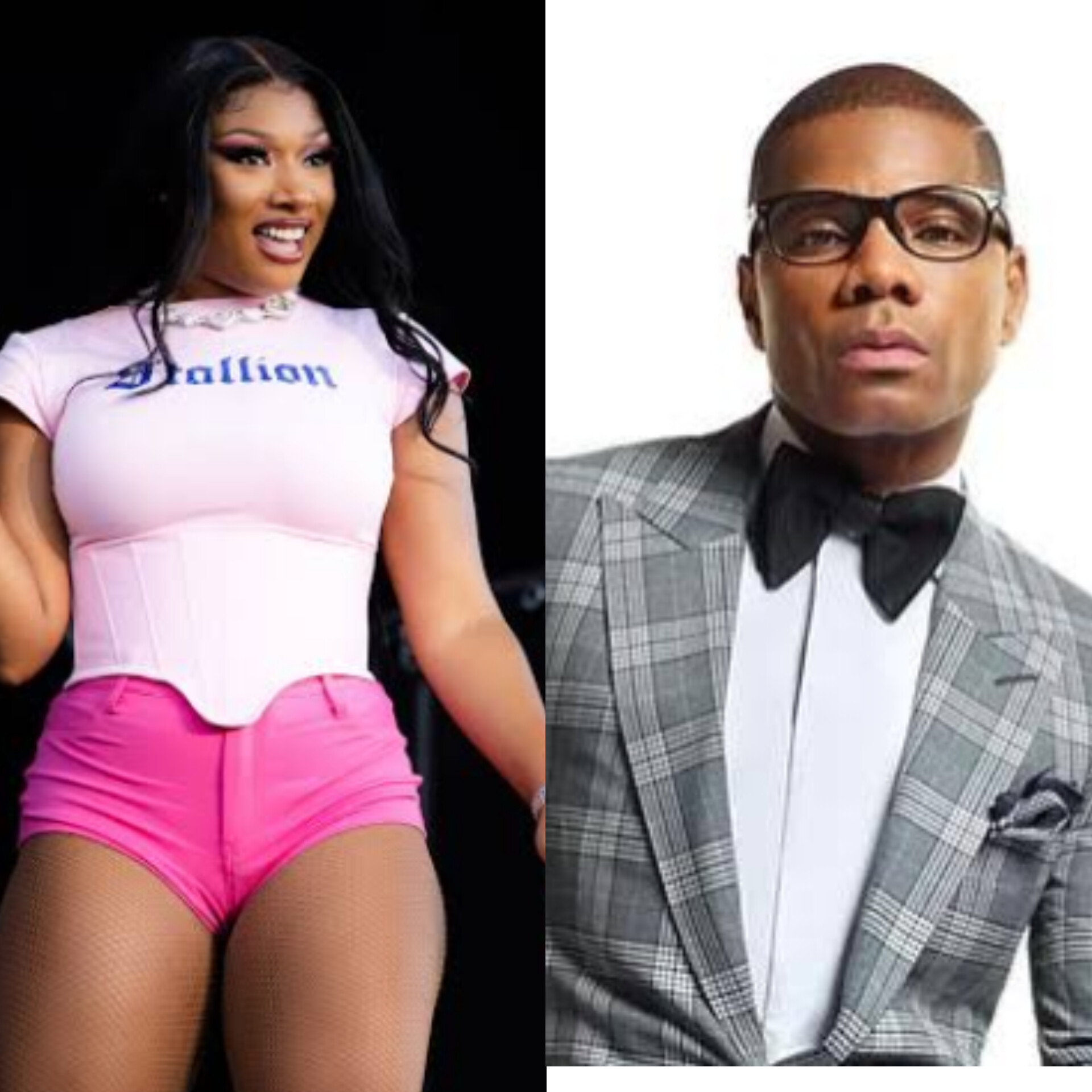



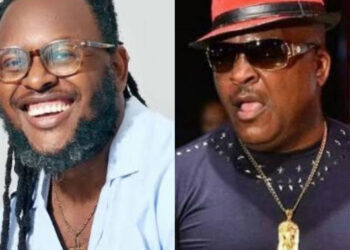







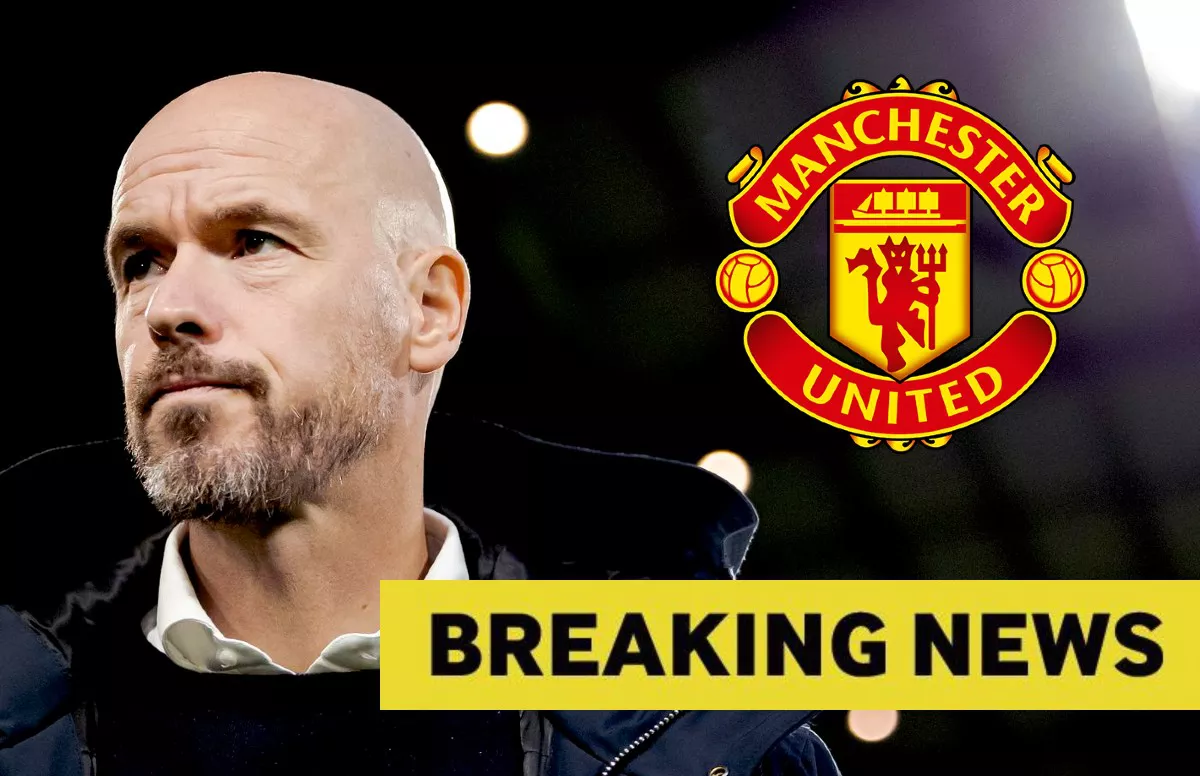
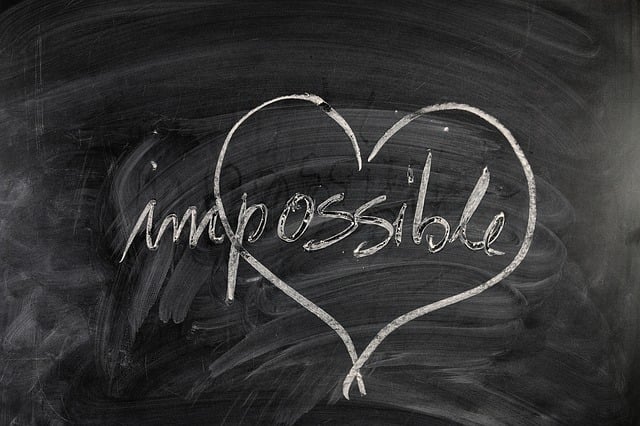
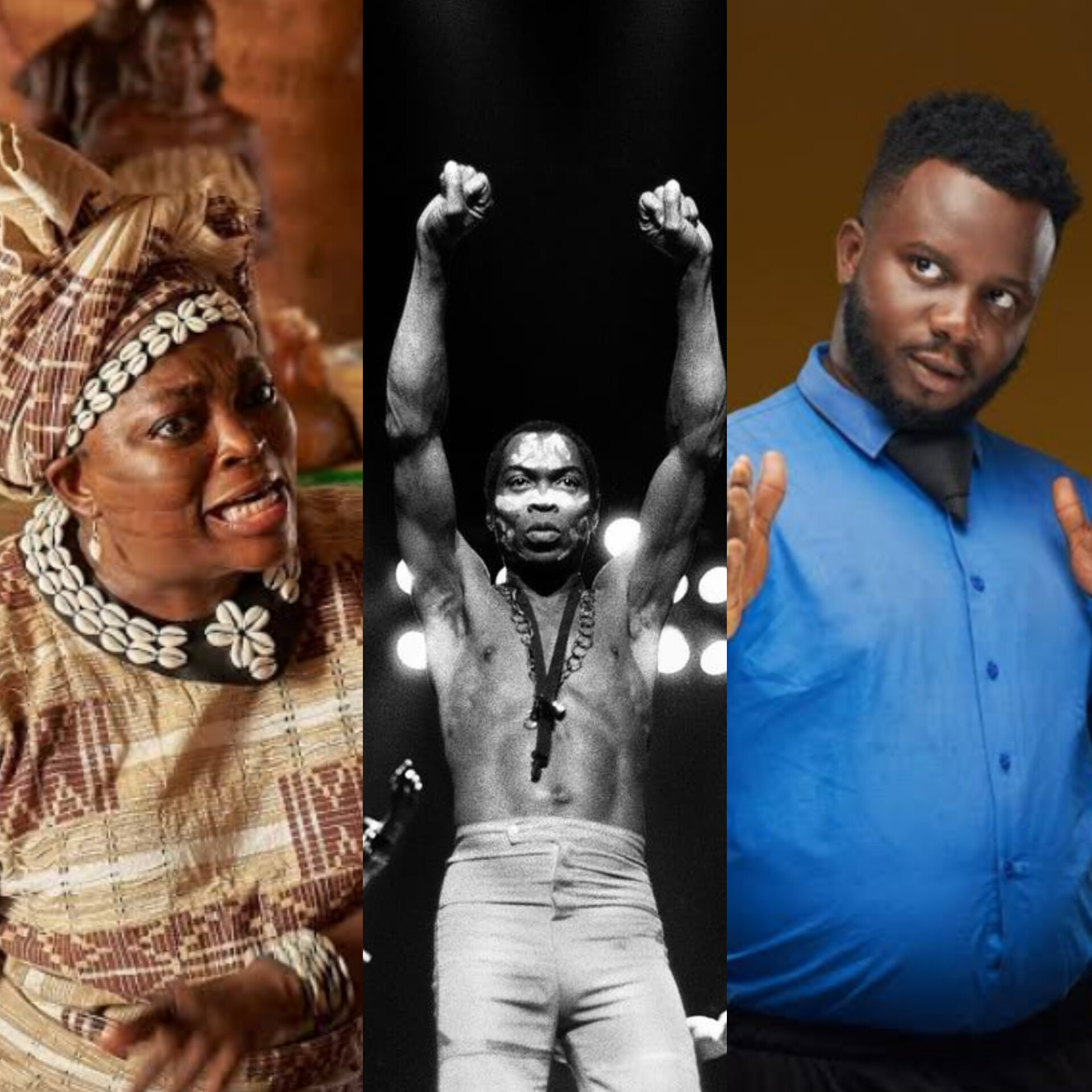





Comments 6